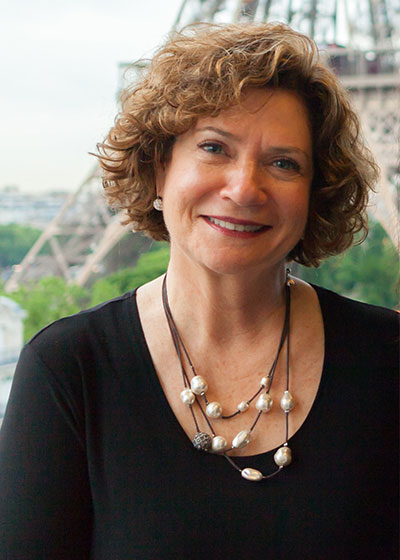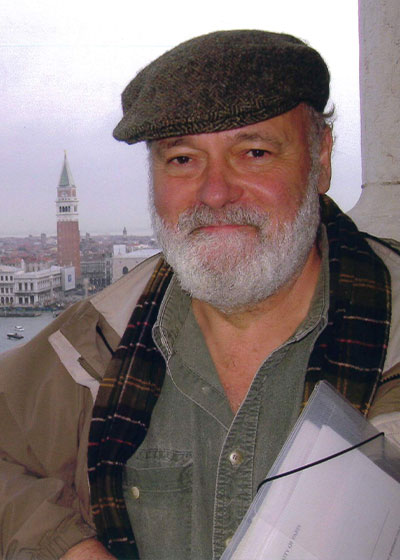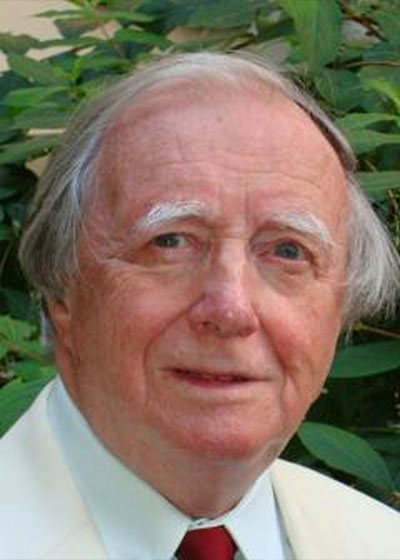Project Description

Professor Emeritus Farhad Nomani
Professor Emeritus of Economics
Professor Farhad Nomani received a PhD in economics from the University of Illinois-Urbana before joining the Faculty of Economics at the University of Tehran in 1972. After the Iranian Revolution of 1979 led to the enforced closure of Iranian universities, Nomani was forced to leave Iran and came to Paris as a political refugee in December 1983. Six months later he joined The American University of Paris to teach a course in intermediate macroeconomics. He would stay with AUP, first as a senior lecture and later as a professor in what is now the Department of Economics and Management, until his retirement in 2015.
Nomani’s interest in labor economics was influenced by the major global sociopolitical events of the mid- to late-1960s, including those that took place in Iran. His work draws on inspirations such as George Bernard Shaw, Karl Max, Maurice Dobb, Paul Baran and Paul Sweezy. “My implicit, and sometimes explicit, objective in these areas of research and reflection has always been the study of the underlying reasons of economic inequality in human history,” says Nomani. While still in Iran, Nomani wrote several university textbooks for the courses he taught, covering topics such as economic development, comparative economic systems and the economic history of Iran.
At AUP, Nomani was a close collaborator with his colleagues, included fellow economics professor Ali Rahnema, with whom he co-authored Islamic Economic Systems (1994, Zed Press) and The Secular Miracle: Religion, Politics and Economic Policy in Iran (1990, Zed Press). Nomani was a major player in reforming what was then the Department of Economics in the mid 80s, increasing the number of majors and minors on offer and focusing on teaching a larger range of more diverse courses. “We always tried to follow a teaching philosophy that exposed our students to both economics and the ethical imperatives of living in an unjust and complex world,” he says.










